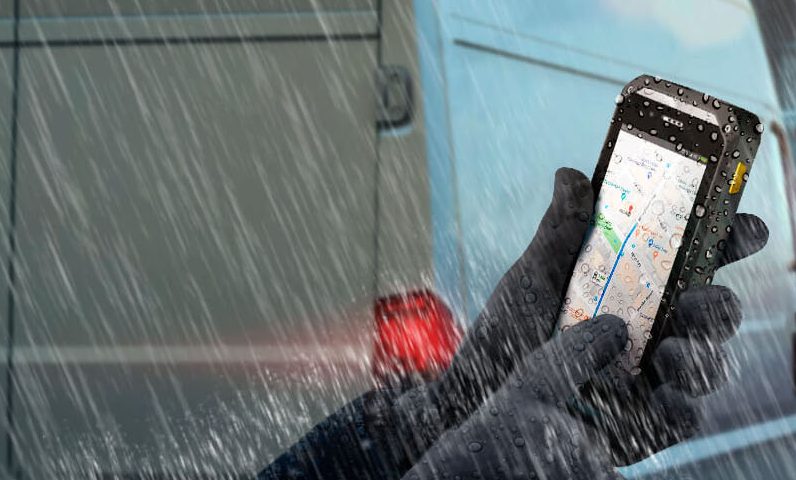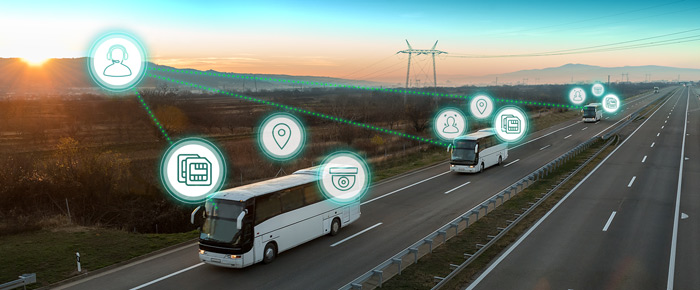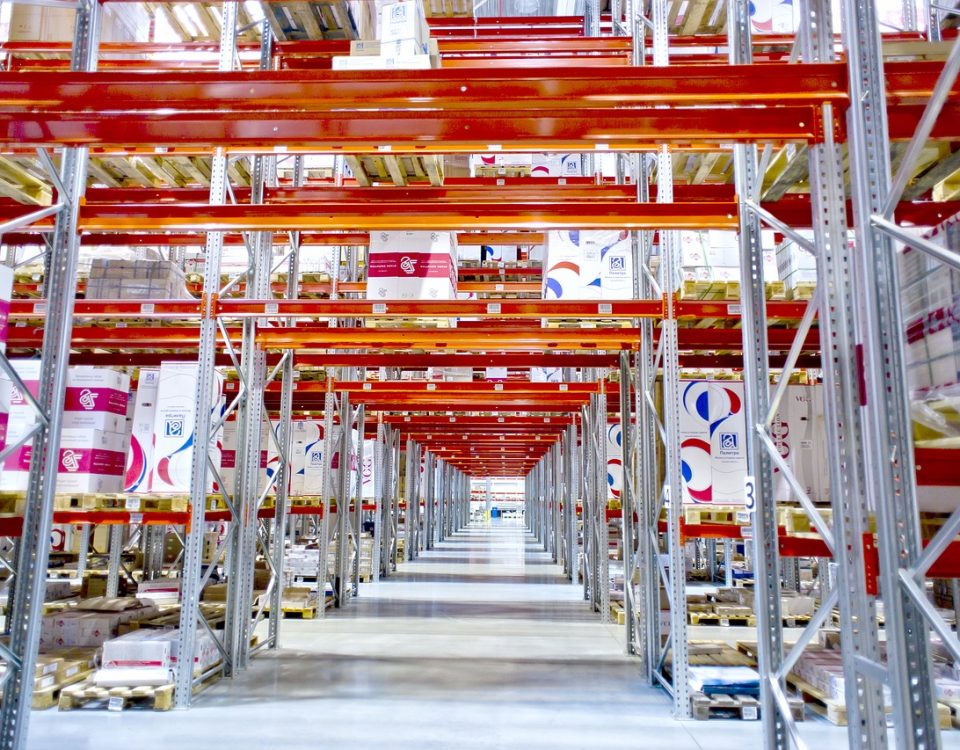Testing Rugged Tablets
Mobile tablets and handheld devices play a vital role in enhancing efficiency in a wide variety of operations. From private hospital wards to industrial factories, information can be shared and orders processed via the touch screen of rugged mobile computing solutions.
A rugged mobile device comes with a higher price tag than the standard tablet that you may use at home or in the office. Is it worth the additional investment, or would a regular device fit the bill?
Whilst the initial costs may be lower, a standard device simply isn’t designed to meet the demands of consistent use and demanding conditions. Changes in temperature, humidity, or simply slipping out of the user’s hand, are all common causes of device failure. Take the device into a steamy restaurant kitchen or a dusty factory and you’ll be paying for a replacement.
What Differentiates Rugged Mobile Computing?
To be classified as a rugged mobile device, the tablet will have been specifically designed and built for industrial applications. This includes water tight seals, reinforced casing, fanless cooling and low power usage. Unlike a standard device, it will be possible to operate the high definition screen whilst wearing gloves.
Arbor’s range of handheld rugged mobile devices includes the:
- Gladius 8 – 7.85” Rugged android handheld with vehicle cradle.
- Gladius GT-500 – 5” Rugged android handheld with integrated 1D/2D Barcode Scanner.
- Gladius G0830A/G0830W 8” Tablet – Winner of a Taiwan Excellence Award 2017
- Gladius G0975 – Windows based tablet with lockable vehicle cradle
In addition to a wide range of connectivity options, the rugged tablet may also come with the option of features including desktop cradles, in-vehicle docking stations and integrated 1d/2d barcode readers. In short, rugged mobile computing is specifically designed to meet the needs of workers.
Robust Testing of Rugged Tablets
In addition to the design and manufacture, a rugged tablet also has to pass performance tests. These simulate the conditions that the tablet may be subjected to. Typically, testing is carried out to either:
- IP65 Standard
- IP67 Standard
- Military Standard 810G Rating (MIL-STD-810G)
Some tests are common to all of these standards, but the specific application will determine which is the most relevant.
Ingress Protection (IP) Testing
As previously mentioned, damage can easily be caused if dust and moisture enter tablets or other electrical equipment. IP65 testing involves repeatedly subjecting the device to dust and water jets before checking that it is still fully operational and that no moisture or dust particles have got inside the device.
IP67 testing takes this a step further, with the tablet being fully submerged in a minimum water depth of 15cm for at least 30 minutes. To obtain an IP67 rating water shall not enter the tablet in any harmful quantity.
These tests were developed by the International Electrotechnical Commission (IEC) to ensure equipment and machinery is suitably protected for industrial applications.
MIL-STD-Testing
MIL-STD testing comprises of 24 tests that ensure reliable performance in the toughest conditions. To qualify, devices will be dropped, shocked and vibrated, as well as exposed to extreme temperatures, humidity, water, dust and even altitude.
Arbor Testing Facilities
As a manufacturer and supplier of rugged mobile computing for industrial and military applications, Arbor Technology provides an extensive range of in-house testing.
Our Milton Keynes based team can recommend specific products to best suit the demands of your application. We’re also happy to discuss test conditions that will ensure that our rugged solutions are fit for purpose.




